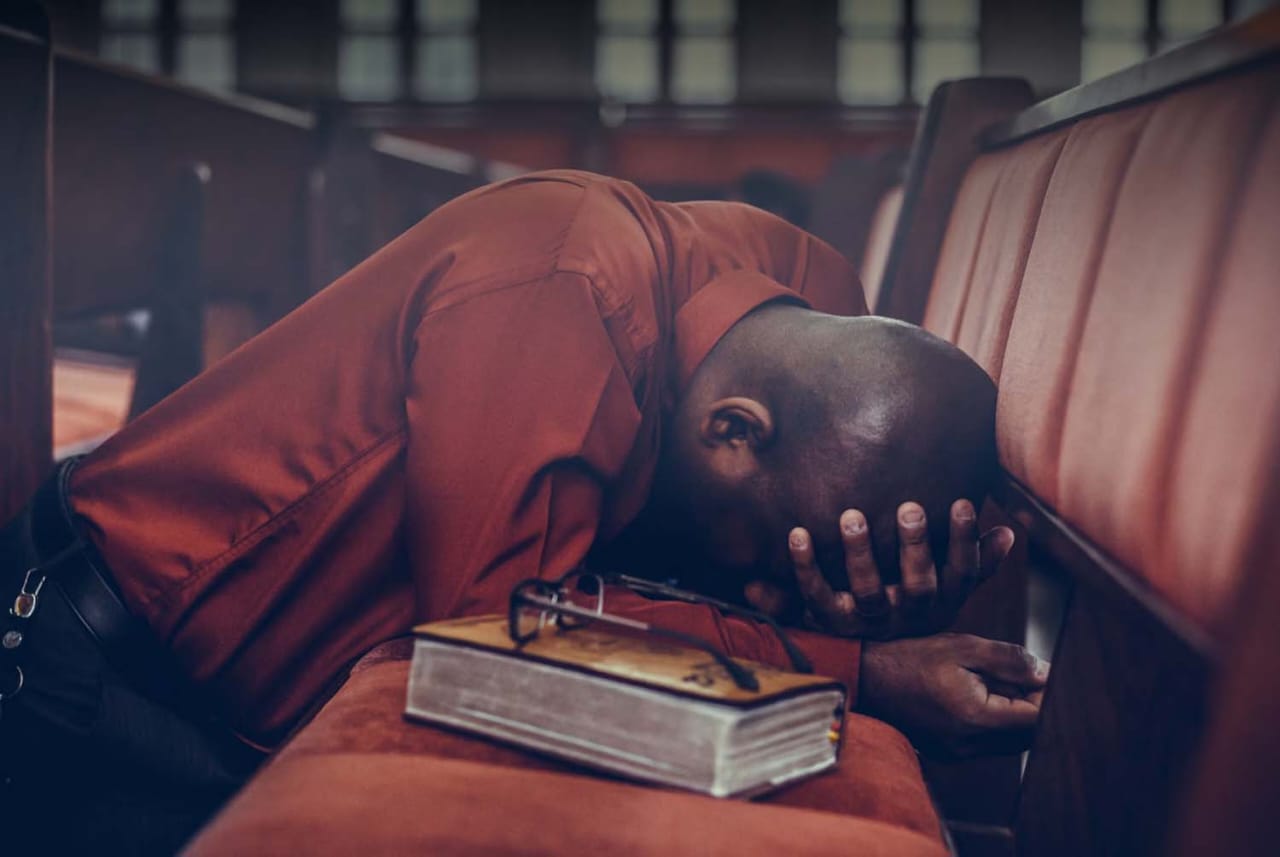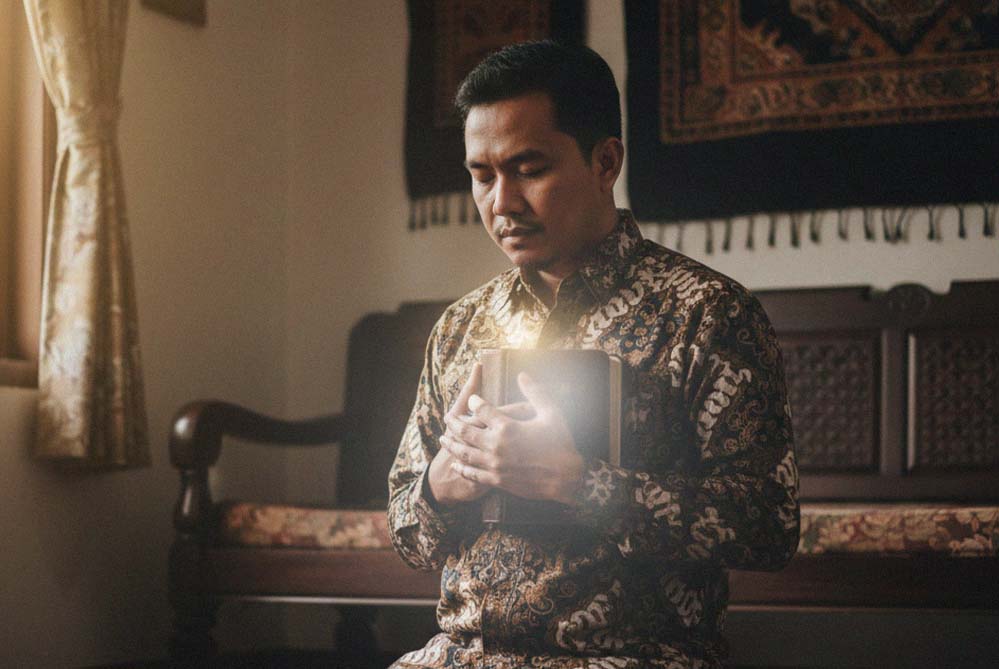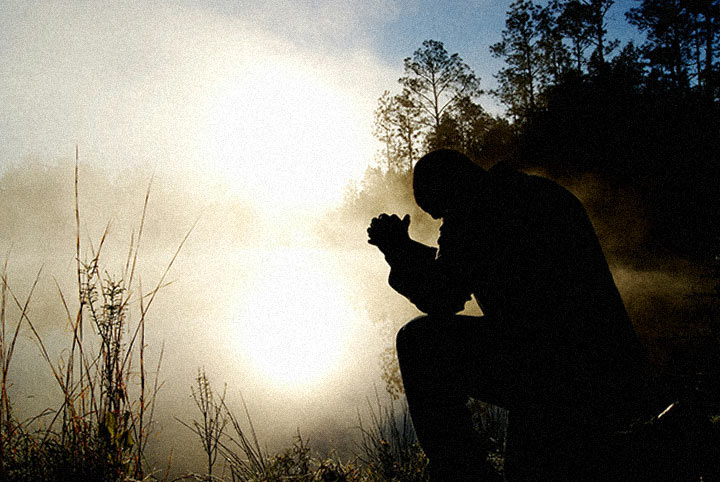An old fisherman sits on the shore, gazing at the raging sea. His once sturdy boat is now in ruins, battered by a merciless storm. He tries to understand whether this is just fate, or whether he has done something wrong. In his struggle, a friend approaches and says, “Maybe this is a punishment for your sins.” However, the fisherman remains silent, his heart full of questions, “Is that true?”
This is a picture of Job’s suffering. When he lost everything, his friends came not to comfort him, but to judge him. One of them is Bildad, who in Job 8:1-9 asserts that God cannot be unjust. According to Bildad, if Job is experiencing suffering, then there must be hidden sin in him or his family. Bildad speaks from a very rigid perspective, God is always just, and therefore, suffering must be the result of sin. He even alludes to Job’s dead children, stating that they were punished for their own transgressions (Job 8:4).
However, is this statement true? Is suffering always the result of sin? In many cases, there is indeed a relationship between sin and the consequences experienced by a person. However, Bildad forgot one important thing, there is suffering that occurs not because of personal sin, but because of a divine mystery that is beyond human understanding. Job himself was declared by God as a righteous and upright man (Job 1:8). So, Bildad's words do not always apply to every situation. Bildad invited Job to seek wisdom from those who came before him (Job 8:8-9). There is nothing wrong with this invitation, but he missed one important thing, he failed to understand that true wisdom is not just about repeating old teachings, but understanding God's truth in every unique situation.
Bible friends, maybe we have acted like Bildad, hastily judging someone based on the simple concept of 'cause and effect'. However, God's word teaches that there is a mystery in His plan. From this reflection, we learn several things, namely not to be quick to judge the suffering of others. Maybe there is a greater plan of God behind it that is much deeper than limited human thinking. When dealing with people who are suffering, do not just look for the cause, but also look for God's purpose in it. Because sometimes through suffering, a person gets the opportunity to experience God more closely. In the end, we may wonder why the storms hit our lives. But instead of rushing to blame ourselves or others, let us seek God's face and ask, "What are you trying to teach me through all this?" Because true wisdom is not only about understanding God's justice, but also about trusting Him in every season of life.

























